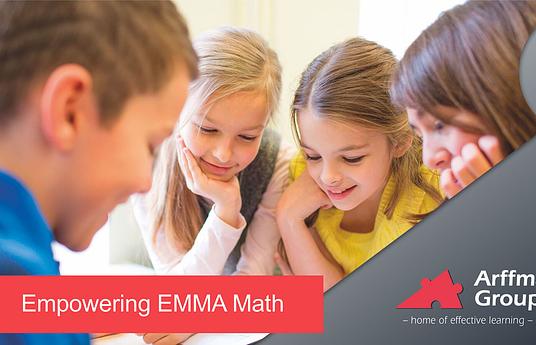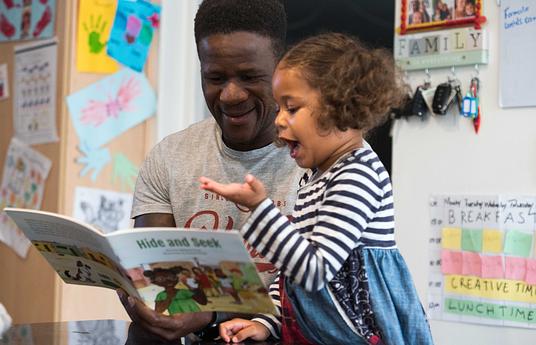What is a Community Education Volunteer?
Building Tomorrow believes that all children have a basic human right to an education and access to a thriving school—a school that is supported by the community, effectively managed by school leadership, accessible by all children, and committed to producing positive student outcomes. The main conduit through which we develop thriving schools is Community Education Volunteers (CEVs). CEVs are lay members of the community who demonstrate commitment and passion for education and serve as a lasting voice for quality education in their communities. Akin to community health workers, CEVs visit households to ensure all children within a community are accessing an inclusive, transformative education while simultaneously supplementing the efforts of classroom teachers by facilitating Building Tomorrow’s Roots to Rise literacy and numeracy programs.
Origins of the Community Education Volunteer
We realized Community Education Volunteers’ power to affect change in schools and communities during the evolution of our Thriving Schools Program. Under this program, whose origins trace back to 2015, recent Ugandan university graduates are deployed for two years as Building Tomorrow Fellows to underserved areas of Uganda with the goal of galvanizing community support for the local school. At the outset of the program, Fellows—as outsiders—recognized the need to leverage members within the community as allies in rousing support for education. Because they were local leaders, parents, and other volunteers from the area, these first CEVs were a trusted voice and bridged the gaps between Building Tomorrow, the school, and the community.
Building on the success of these first informal volunteers, Building Tomorrow soon adopted a formal recruitment and training process for Community Education Volunteers. As part of the Thriving Schools Program, Fellows are now required to recruit and train at least eight CEVs per school community, who serve as champions of education long after Fellows’ placement ends.
The Power of a Community Education Volunteer
Once activated, CEVs become the lasting connection between the community and school, working closely with Headteachers and the comprehensive school management committee (SMC). CEVs also become an effective link between the home—especially with parents who may not initially be inclined to send their children to school or actively participate in their education—and the school staff.
To date, Building Tomorrow has engaged and activated 3,400 Community Education Volunteers who have donated more than 770,000 hours of service to 605 primary schools throughout Uganda. CEVs have helped enroll 39,376 previously out-of-school children, while helping 13,003 learners gain vital literacy and numeracy skills through our Roots to Rise program. Because of the training CEVs receive in enrolling out-of-school children and facilitating Roots to Rise programming, they are equipped to ensure children continue accessing an inclusive, transformative education long after Building Tomorrow’s direct involvement in the community.
Scaling the Power of a Community Education Volunteer
The next step in scaling the impact of Community Education Volunteers is developing local governments’ ability to recruit and train CEVs themselves. While current implementation of the CEV model requires a Building Tomorrow Fellow to be embedded in each community, we are piloting a program that will utilize the greater reach of sub-county government offices to create a corps of Community Education Volunteers in their region. In this program, Building Tomorrow will deploy Fellows alumni to sub-county governments to serve as technical advisors in the widespread recruitment and training of CEVs, and develop the government’s ability to continue engaging CEVs long after Building Tomorrow’s involvement.



